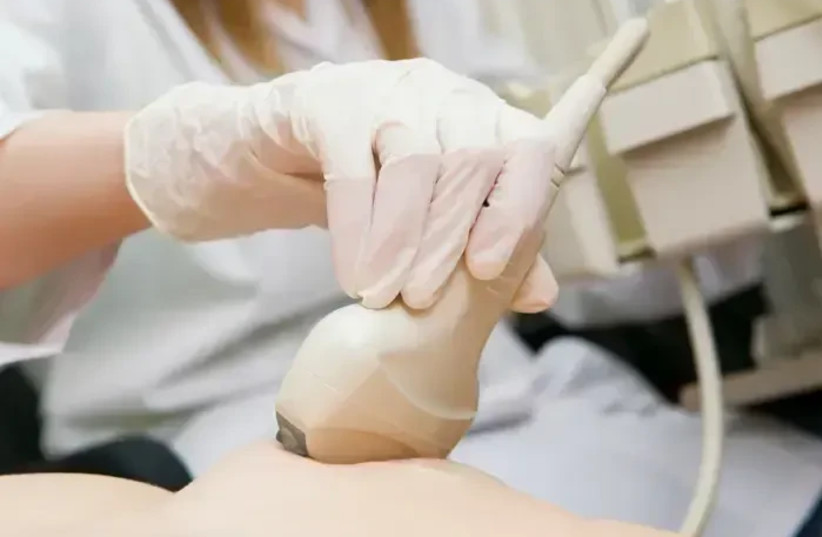Physical activity has been found to decrease the risk of breast cancer in young women by up to 10%, according to a recent study by experts from the Institute of Cancer Research in London.
The study analyzed data from 547,000 women over an average period of almost 12 years, tracking their levels of physical activity and breast cancer development. Among the premenopausal women studied, 10,231 were diagnosed with breast cancer.
The researchers concluded that engaging in leisurely physical activities, such as walking or cycling, at least three times a week outside of work, significantly reduced the risk of breast cancer.
In fact, the most active 10% of women had a 10% lower risk compared to the least active 10%. Surprisingly, the study did not find any additional benefits from prolonging the duration or increasing the intensity of physical activity.
The importance of fighting breast cancer
Breast cancer is the most prevalent malignant disease among women globally, including in Israel. Each year, approximately 5,000 women in Israel are diagnosed with the disease, with the majority of cases detected at an early stage. While the risk of breast cancer tends to increase with age, most patients diagnosed in the early stages can recover successfully.
Dr. Simon Vincent – director of research, advocacy, and impact at Breast Cancer Now, the organization that funded the study – emphasized the need to find new ways to prevent breast cancer, particularly in young women. While it is difficult to predict who will develop breast cancer, Vincent highlighted the importance of taking steps to lower individual risk. He stressed the significance of supporting women in making small, healthy lifestyle changes that can have a positive impact on their overall health and help reduce the risk of breast cancer.
Previous studies have also suggested that physical activity may reduce the risk of cancer in menopausal women. While the exact mechanism linking exercise and breast cancer risk reduction is not yet fully understood, some studies have indicated that exercise can lower sex hormones such as estrogen and testosterone, which have been associated with an increased risk of breast cancer.
Additionally, physical activity may lower insulin and growth hormone levels, which can promote the development of breast cancer, as well as reduce inflammation in the body.
The study accounted for various breast cancer risk factors, including body mass index, family history, smoking, and alcohol use. Dr. Michael Jones, senior scientist at the Institute of Cancer Research, reinforced the study's findings but acknowledged that breast cancer risk is influenced by multiple factors beyond our control, including genetics, lifestyle, and environmental factors.
Further research is necessary to fully understand the biological mechanisms underlying the link between exercise and breast cancer risk reduction.
Awareness of the potential benefits of physical activity in reducing the risk of breast cancer can empower individuals, particularly young women, to prioritize their health and make lifestyle choices that support overall well-being. Regular exercise should be seen as an important tool in the fight against breast cancer, alongside other preventive measures and early detection methods.


